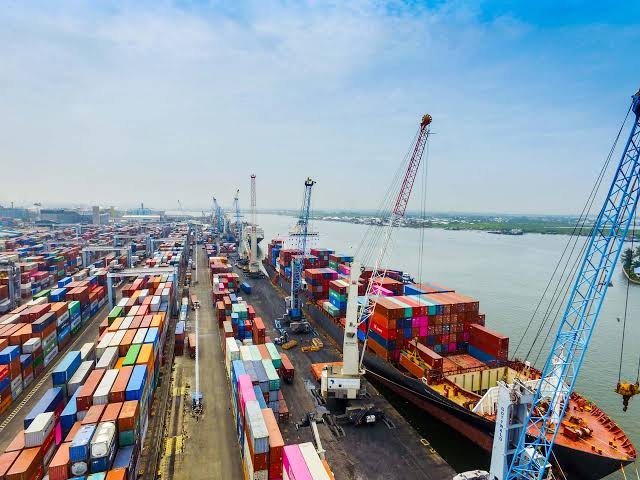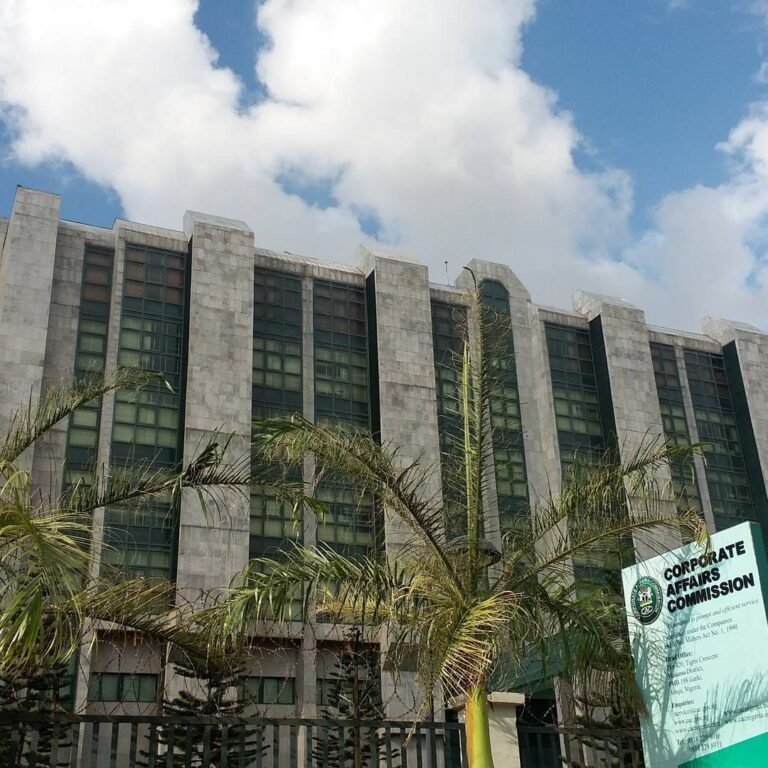The Nigeria Customs Service (NCS) has implemented a 4 percent free-on-board (FOB) levy on imports. However, experts have warned that this policy will drive up the cost of goods entering the country.
FOB refers to the practice where the seller is responsible for delivering the goods to the port of departure, clearing them for export, and loading them onto the vessel. Once the goods are loaded, the risk transfers from the seller to the buyer, who assumes responsibility for all subsequent costs.
Criticizing the policy, the Nigeria Employers’ Consultative Association (NECA) has described it as an insensitive and ill-timed decision that will deepen economic hardships for Nigerians. In a statement on Sunday, Mr. Adewale-Smatt Oyerinde, NECA’s Director-General, said the levy would worsen production costs, fuel inflation, and lead to massive job losses.
“The Nigerian business environment is already weighed down by multiple taxes, erratic policies, and economic instability,” Oyerinde noted, adding that “with unsold inventories piling up and unemployment soaring, businesses need relief, not more strangulation.”
In a statement on Wednesday, Abdullahi Maiwada, the NCS national public relations officer, said the directive aligns with the provisions of the Nigeria Customs Service Act (NCSA) 2023.
“In line with the provisions of Section 18 (1) of NCSA 2023, the NCS is implementing a 4 percent charge on the Free On-Board (FOB) value of imports,” Maiwada said.
“The FOB charge, which is calculated based on the value of imported goods, including cost of goods and transportation expenses incurred up to the port of loading, is essential to driving the effective operation of the service.”
The NCS has been working to improve its revenue collection efficiency, and this new levy is seen as a step towards achieving that goal. Based on Nigeria’s estimated annual imports of N71 trillion, the new FOB charge is projected to rake in up to N2.84 trillion annually for the NCS.
However, experts believe the policy is more of a disservice to the very economic situation it’s aimed to improve.
Sheriffdeen Tella, a Professor of Economics at Olabisi Onabanjo University, said the new levy is ill-timed, stating that it would further aggravate inflation in the country, which is currently above 34 percent, according to the National Bureau of Statistics (NBS).
“The levy will increase the cost of those goods and the goods will become more expensive because the exchange rate is already affecting them and other costs,” said Tella. “So, the 4 percent charge will add to it. The issue of wanting to tame inflation will not work.”
Nigerian importers currently pay various duties and taxes on goods entering the country. These include import tariffs ranging between 5 and 35 percent, depending on the product and 7 percent value-added tax among other levies. The new 4 percent levy will add to these existing costs, increasing the financial burden on importers.
Experts believe the new levy is expected to affect various sectors, including manufacturing, retail, and construction. Importers will have to account for the added cost when pegging prices on their goods, which could soar up costs for consumers.
Studies reveal high tariffs, non-transparent valuation procedures, frequent policy changes, and unclear interpretations by the Nigerian Customs Service (NCS) make importation difficult and expensive and often create bottlenecks for commercial activities in the country. These problems are particularly acute for Nigeria due to its dependence on imported raw materials and finished goods.
With the country’s annual imports valued at N71 trillion, the new levy stands to add an extra “production cost” of N2.84 trillion, spreading it to finished goods for consumers. Industries dependent on imported raw materials will be hardest hit, further eroding competitiveness and raising prices of goods.
“Instead of supporting business sustainability, this charge will discourage investment, drive up production costs by 80%, and worsen Nigeria’s already fragile economy,” Oyerinde added.
Onafowokan, the Chief Executive Officer of Coleman Technical Industries Limited (CTIL), hoped the NCS would reconsider and rescind the implementation of the new levy as “it’s very ill-conceived,” he said.
“A four percent on free-on-boardOB is something that basically will put an unnecessary increase in the cost of raw materials and every material brought into this country. Invariably, it will be passed onto the consumers and then you have another cost push into the inflationary trend.”














